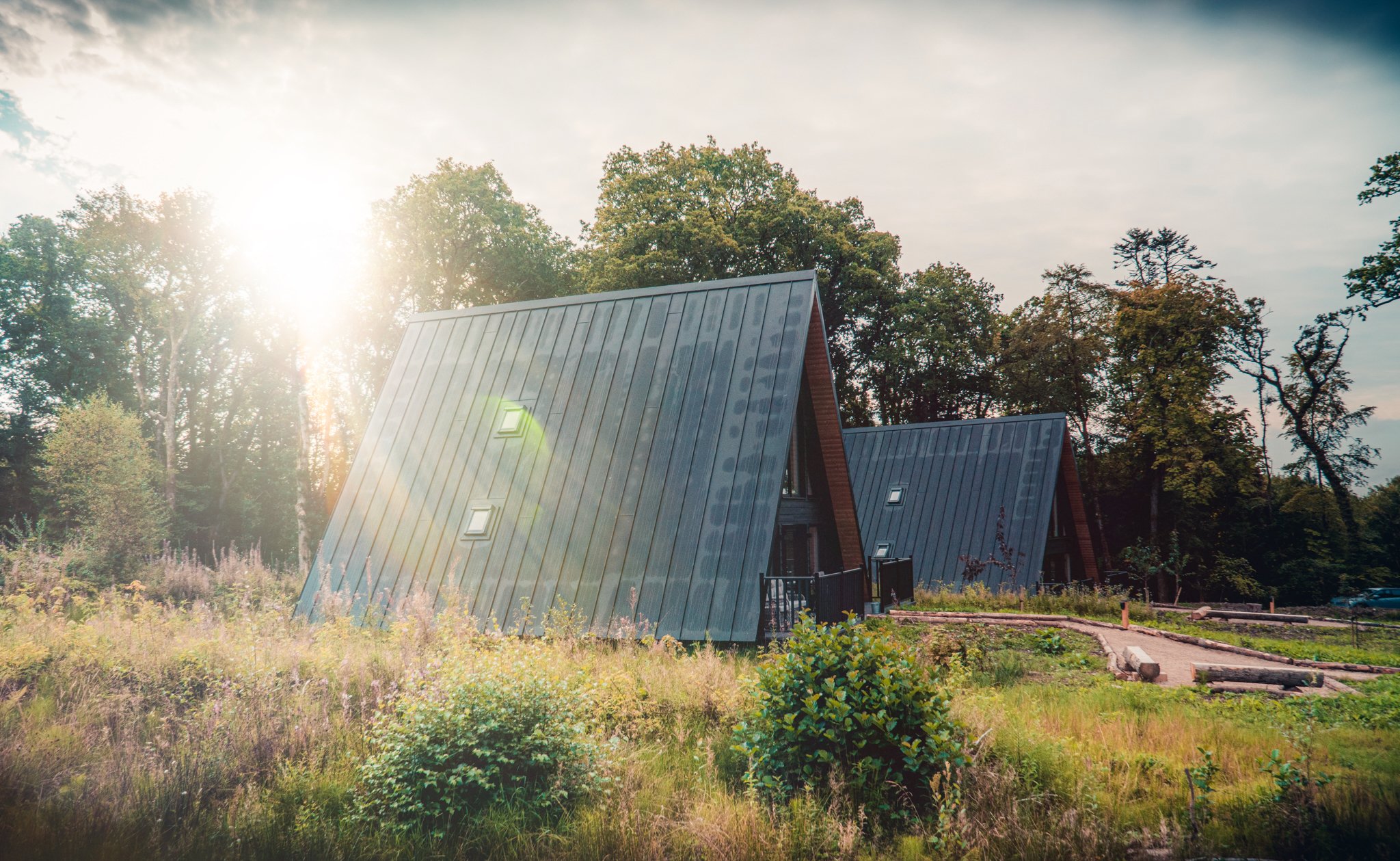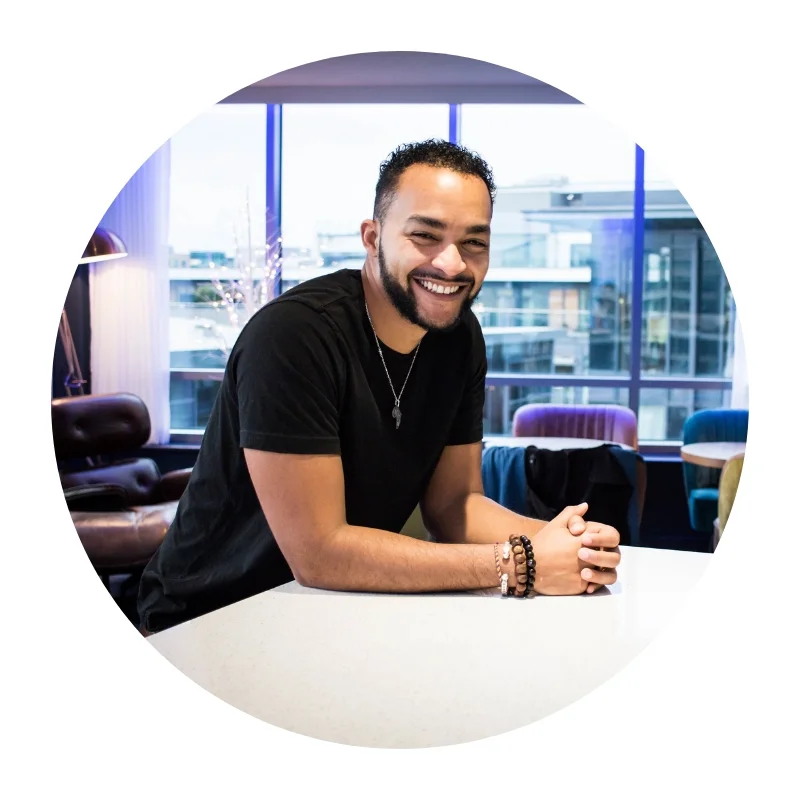Living in dublin as an expat? - What You Need To Know Before Moving To Dublin?
/It's been a few years now that I’ve moved from country to country for studies or work purposes.
I have lived in five countries so far, so I am used to changes and to adapt myself to a new environment quickly.
If like me you wish to take the leap of faith and come try your chance in Ireland for a short or long term, here is a quick guide on the main things you will need to do before and upon your arrival.
1. Do your homework, "Failing to prepare is preparing to fail"
Be prepared to go to a foreign country. Learn as much as you can about the country, the customs and the city you wish to live in before even buying your ticket.
The biggest mistake some people make is to not come prepared and try to figure everything out once arrived and they end up struggling.
I don't say it is impossible but if you come with a plan already in mind, you will just have to follow each point from your list and be more in peace to handle anything that was not planned.
Moving to a new place and a new country can be very stressful as there are so many things to think about, so being organised is key to a successful transition.
Check what travel documents you will need to live in the country
Plan a budget
Define your goal(s) and reason(s) why you want to go live in a foreign country and prepare yourself accordingly
Get in contact with as many people as you can via social media like Facebook groups, Meetup groups or even Twitter.
Have a plan B. Ideally you won't have to use it but it is important to have one as a back up plan in case nothing works as expected.
2. Finding a place to live in Dublin
If you know some friends that can host you while your first month in the country, that would be ideal.
There is also the option of renting an Airbnb for long term if you have the budget. Otherwise, try to find a place to stay before you arrived. You will need a proof of address for the administrative paper work later on (electricity bill, phone bill, etc...).
Dublin renting market can be expensive, especially since a few years, the rents have increased considerably. You have different renting options depending on your budget:
Rent a shared room
Rent a room
Rent a full apartment with one bedroom
Rent a full apartment with two bedrooms or more
Rent a full house
Temporary solutions:
Live in a hostel or Bed & Breakfast
Airbnb
Couch surfing
If you decide to rent a room or an apartment you will need the following documents:
ID
Bank statement
Work recommendation letter
Previous landlord recommendation letter
One month deposit
One month rent
The closest you are from the city centre, the more expensive it is.
Here are below a few websites you can use to look for accommodations:
3. Where to Get a local sim card in Dublin
Make sure that your phone is unlocked and once you arrive, go into any phone shops and ask for a pay as you go sim card.
Some phone carrier offer some pretty good deals. Often offered for free, you will just need to pay the amount you wish to top up.
For example with 10 euros a month you can have unlimited calls to numbers from the same carrier, unlimited internet usage and 1 hour phone call to any other carriers.
You will need a phone number to be reached at once you start looking for a job or a flat, so go and get it.
You can compare the offers on that website: www.carphonewarehouse.ie
4. How to Get your PPS number in Dublin
Your PPS or Personal Public Service number is a unique reference number that helps you to gain access to social welfare benefits, public services and information.
Keep it in a safe place because you will need it for as long as you live in Ireland for all administrative paper work.
It is important that you get it sorted as soon as you arrive and before you start working.
If not, your salary will be on what they call emergency tax, this means that you will pay twice the tax for a few weeks before you get it back once your PPS is issued and communicated to your employer.
If you are on a budget this can be a hassle.
Once you arrive and are settled down, go to your closest social welfare office to register. You will need an ID and a proof of address.
Here is a link to find your closest social welfare office: http://findaddress.citizensinformation.ie/service_finder/
5. How to open a bank account in dublin
In order to open a bank account, you will need the following
a proof of address
a job recommendation letter
an ID (passport or identity card)
your PPS number.
Bear in mind that the banks are open from 10 am to 4 or 5pm in the afternoon from Monday to Friday.
Only a couple of banks are opened on Saturday morning.
6. Public transports in Dublin
There are different type of public transports in Dublin:
Bus
Luas or tram
Dart or train
Dublin bikes
Taxis
For the public transports, you will need a leap card. You can charge it with the amount that you wish (minimum 5euros) and then use it on all Dublin public transports.
You can find more information here.
7. How to find a job in Dublin
It is not so complicated to find a job in Ireland if you can handle a conversation in English.
Dublin especially is becoming multi cultural and that's what attracts most of the foreign companies to settle down, a multi lingual and qualified workforce beside the cheap corporate tax.
If you speak at least two languages including English you will find entry level office jobs easily, mostly in call centers.
Get your CV ready before arriving. Have it double checked by native speakers if possible to correct typos and have their opinions if all the informations are relevant.
It might be relevant in your country but maybe not in Ireland.
Get in touch with job agencies such as Adecco or Accenture, they will look for job positions according to your profile and get in touch with you as soon as they found a match.
Here are below a few websites on which you can do your job hunt:
8. Healthcare in Ireland
Most of the healthcare companies are private in Ireland. But the majority of companies you work for will offer a healthcare package included in your work contract.
This can be very handy as the healthcare system in Ireland is very expensive. Expect a visit to the GP for a minimum of 60 euros.
You can still claim some taxes back at the end of the year but it is something to be aware of before coming.
That’s it!
I guess those are the most important points, but trust me if you can check all of them the first two months of your arrival you will be at peace to take care of the rest.
Do not hesitate to get in touch with people on social media in the city you are planning to live in. It is nice these days to use technology to our advantage and be part of a community ready to help each others.
Facebook groups like Expats In Dublin, jobs in Dublin, Dublin roommates for apartments are great places to ask questions and have an idea of what the market is like in Dublin.
If you’d like to better know the city, you can follow me on Instagram @themillennialnomad where I share street photos of the city and my experience as an expat.
One Facebook group I can recommend is expat in Dublin that is pretty active and where you can ask any questions.
It really helps to get ready to make the BIG move and also have some insights from expats about their experience in the country.
The most crucial part is the start, but if you manage to check all the boxes you will be able to enjoy your foreign experience fully, and trust me you will always remember it in your life.
After all of that you will deserve a nice cold pint of Guinness!
Slainte!
Best of luck!















![Is Dublin worth visiting : what you need to know before visiting [free travel guide]](https://images.squarespace-cdn.com/content/v1/54c65950e4b0579944c39167/1545417367733-3ZIXM6TTRUWSTGW865XO/My+Post+%2834%29.jpg)











